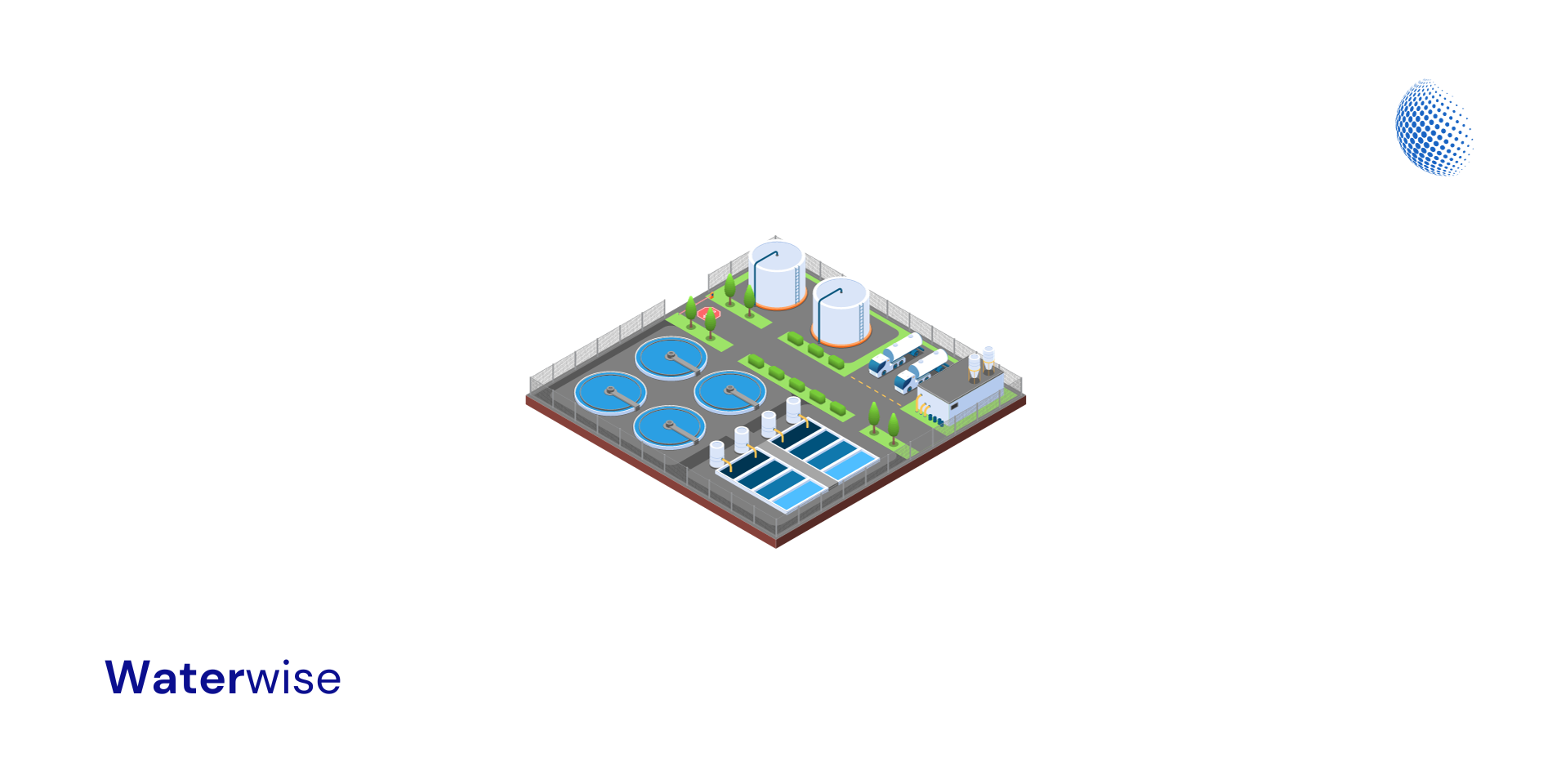Water is the elixir of life, yet urban areas often face challenges in water management due to growing populations, changing climates, and outdated infrastructure. Water-Sensitive Urban Design (WSUD) emerges as a solution, intertwining urban planning with water management. This integrated approach ensures that urban water cycles are sustainable, resilient, and harmonious with the urban landscape.
Let’s delve into the essence of Water-Sensitive Urban Design, its benefits, and real-world applications.
What is Water-Sensitive Urban Design (WSUD)?
Water-Sensitive Urban Design is an interdisciplinary approach encompassing urban design, water cycle management, and community engagement. WSUD aims at integrating water management into urban planning and design to create water-efficient, resilient, and liveable urban environments.
Core Principles of WSUD
- Integrated Management: WSUD brings together water supply, wastewater management, and stormwater management under a unified framework.
- Sustainable Water Cycle: It emphasizes mimicking natural water cycles to enhance sustainability and resilience.
- Community Engagement: Engaging the community in water management strategies is fundamental to WSUD, promoting water-saving behaviors and fostering a sense of ownership.
Benefits of Water-Sensitive Urban Design
Environmental Preservation
- Reduced Water Pollution: By managing stormwater runoff and treating wastewater locally, WSUD helps in reducing water pollution and protecting natural water bodies.
- Enhanced Biodiversity: WSUD creates green spaces and wetlands that serve as habitats for local flora and fauna, thus enhancing urban biodiversity.
Economic Sustainability
- Cost-Effectiveness: Integrated water management can lead to cost savings in infrastructure development and maintenance.
- Increased Property Values: Well-designed water-sensitive landscapes can enhance property values and attract investments.
Social Well-being
- Improved Public Spaces: WSUD promotes the creation of aesthetically pleasing and functional public spaces, such as parks with stormwater ponds or rain gardens.
- Educational Opportunities: It serves as a practical platform for educating the community about sustainable water management practices.
Real-world Applications of WSUD
Case Studies
- Singapore’s ABC Waters Program: Active, Beautiful, Clean Waters program is a stellar example of WSUD, transforming urban water bodies into vibrant community spaces.
- Melbourne’s WSUD Initiatives: Melbourne has integrated WSUD principles in urban planning, showcasing a range of water-sensitive projects that enhance urban liveability.
Envisioning a Water-Sensitive Future
Water-Sensitive Urban Design is not just a conceptual framework but a pragmatic approach to harmonizing urban development with water sustainability. As cities continue to expand, embracing WSUD can lead to more resilient, attractive, and liveable urban environments.

